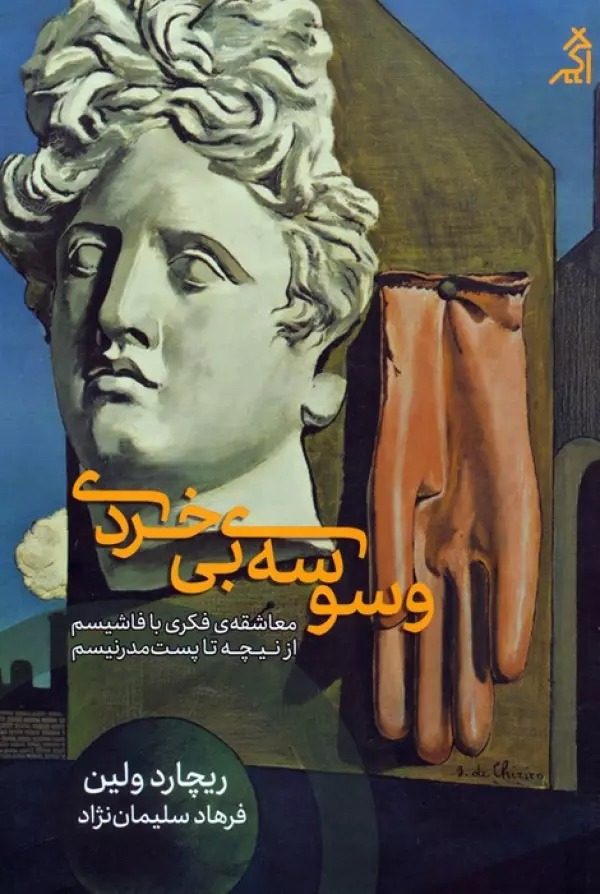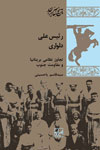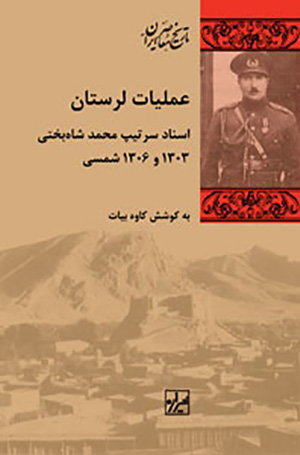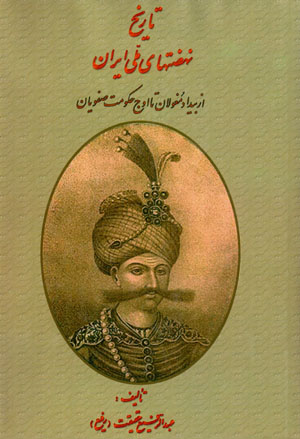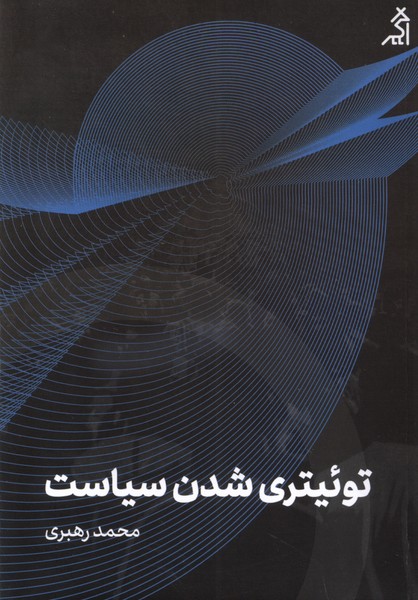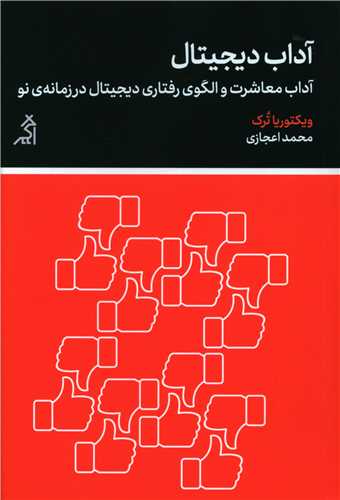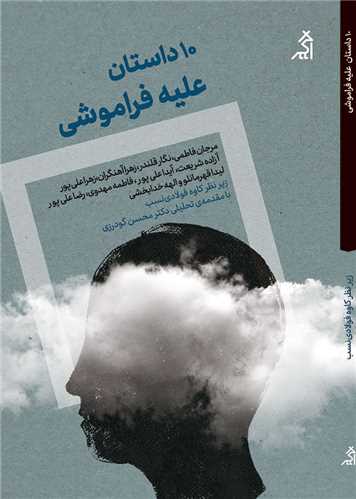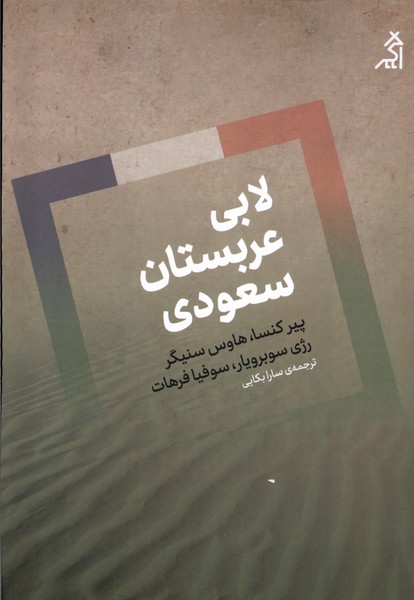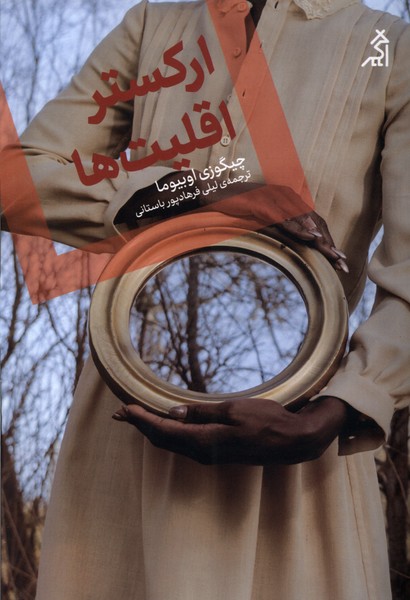وسوسهی بیخردی: معاشقهی فکری با فاشیسم؛ از نیچه تا پستمدرنیسم فارسی 1403
Vasvasah-yi Bī'khiradī: Mu'āshiqah-yi Fikrī bā Fāshīsm; Az Nīchah tā Pust'mudirnīsm
172 SEK
اشتراکگذاری
Wishlist
عنوان اصلی:
The Seduction of Unreason: The Intellectual Romance with Fascism from Nietzsche to Postmodernism
شابک:
9786227695793
مترجم:
Farhād Sulaymān'nizhād
ناشر:
Agar
گروه سنی:
بزرگسال
صفحات:
488
وزن:
447 g
ابعاد:
14 x 21 x 4٫5 cm
جلد کتاب:
شومیز
Fifteen years ago, revelations about the political misdeeds of Martin Heidegger and Paul de Man sent shock waves throughout European and North American intellectual circles. Ever since postmodernism has been haunted by the specter of a compromised past. In this intellectual genealogy of the postmodern spirit, Richard Wolin shows that postmodernism's infatuation with fascism has been widespread and not incidental. He calls into question postmodernism's claim to have inherited the mantle of the left--and suggests that postmodern thought has long been smitten with the opposite end of the political spectrum.
In probing chapters on C. G. Jung, Hans-Georg Gadamer, Georges Bataille, and Maurice Blanchot, Wolin discovers an unsettling commonality: during the 1930s, these thinkers leaned to the right and were tainted by a proverbial "fascination with fascism." Frustrated by democracy's shortcomings, they were seduced by fascism's grandiose promises of political regeneration. The dictatorships in Italy and Germany promised redemption from the uncertainties of political liberalism. But, from the beginning, there could be no doubting their brutal methods of racism, violence, and imperial conquest.
Postmodernism's origins among the pro-fascist literati of the 1930s reveal a dark political patrimony. The unspoken affinities between Counter-Enlightenment and postmodernism constitute the guiding thread of Wolin's suggestive narrative. In their mutual hostility toward reason and democracy, postmodernists and the advocates of Counter-Enlightenment betray a telltale strategic alliance--they cohabit the fraught terrain where far left and far right intersect.
Those who take Wolin's conclusions to heart will never view the history of modern thought in quite the same way.
"For anyone who has passed through the academic humanities in the last quarter-century and has been exposed to the dubious legacy of postmodernism, The Seduction of Unreason is an indispensable book. It is another important installment in what has become one of the major intellectual enterprises of our time: Richard Wolin's principled defense of liberalism against its most sophisticated enemies."--Adam Kirsch, New York Sun
"In this impressive book Wolin does for the Left what Bloom did for the Right; he makes a powerful case for a return to moral seriousness."--Daniel P. Murphy, Magill's Literary Annual 2005
"The topic of Richard Wolin's book is the nexus between postmodernism and politics. . . . Wolin's book raises the right questions at the right time. He forces us to think critically about the deepest philosophical underpinnings of our moral and political ideals. We simply cannot rest content with an unmeasured assault on reason."--Andy Wallace, Ethics
more
روشنفکران اروپایی ــچه چپ و چه راستــ در طول دههی ۱۹۳۰ چه پیوندی با فاشیسم داشتند و پیامدهای آن پیوند برای سیاست امروز چه بوده است؟ اینها پرسشهایی هستند که نویسندهی کتاب «وسوسهی بیخردی»، ریچارد ولین، کوشیده است به آنها پاسخ دهد. ولین بحث میکند که برخلاف تصور رایج، فاشیسم پدیدهای غیرعقلانی نبود که صرفا جانیان و تبهکاران را مجذوب خود ساخته باشد، بلکه بسیاری از برجستهترین مشاهیر فکری راست و چپ اروپا هم ــاز یونگ و گادامر تا باتای و بلانشوــ به قافلهی فاشیسم پیوستند. این پیوند تاریخی میان روشنفکران اروپایی و فاشیسم، طبق ادعای ولین، گفتمان سیاسی امروز را نیز از بسیاری جهات شکل داده است. اقبال به احزاب راست افراطی در اروپا در طول دههی ۱۹۹۰، شاهدی است که ولین برای اثبات این ادعای خود اقامه میکند. شاهد دیگری را هم برای اثبات ادعای خود به میان میکشد و آن التفات دوباره به آموزههای عقلستیزانهی نیچه و هایدگر ذیل عنوان فراگیر پستمدرنیسم در اروپا و آمریکا است. این التفات دوباره، طبق بحث ولین، صرفا به روشنفکران جناح راست محدود نمیشود، بلکه چپ فرهنگی نیز در دامن زدن به آن دخیل بوده است. در واقع، بحث کلی ولین این است که چه در دههی ۱۹۳۰ و چه امروز راست و چپ افراطی هر دو در ترویج دوبارهی فاشیسم همدست بودهاند.
more

